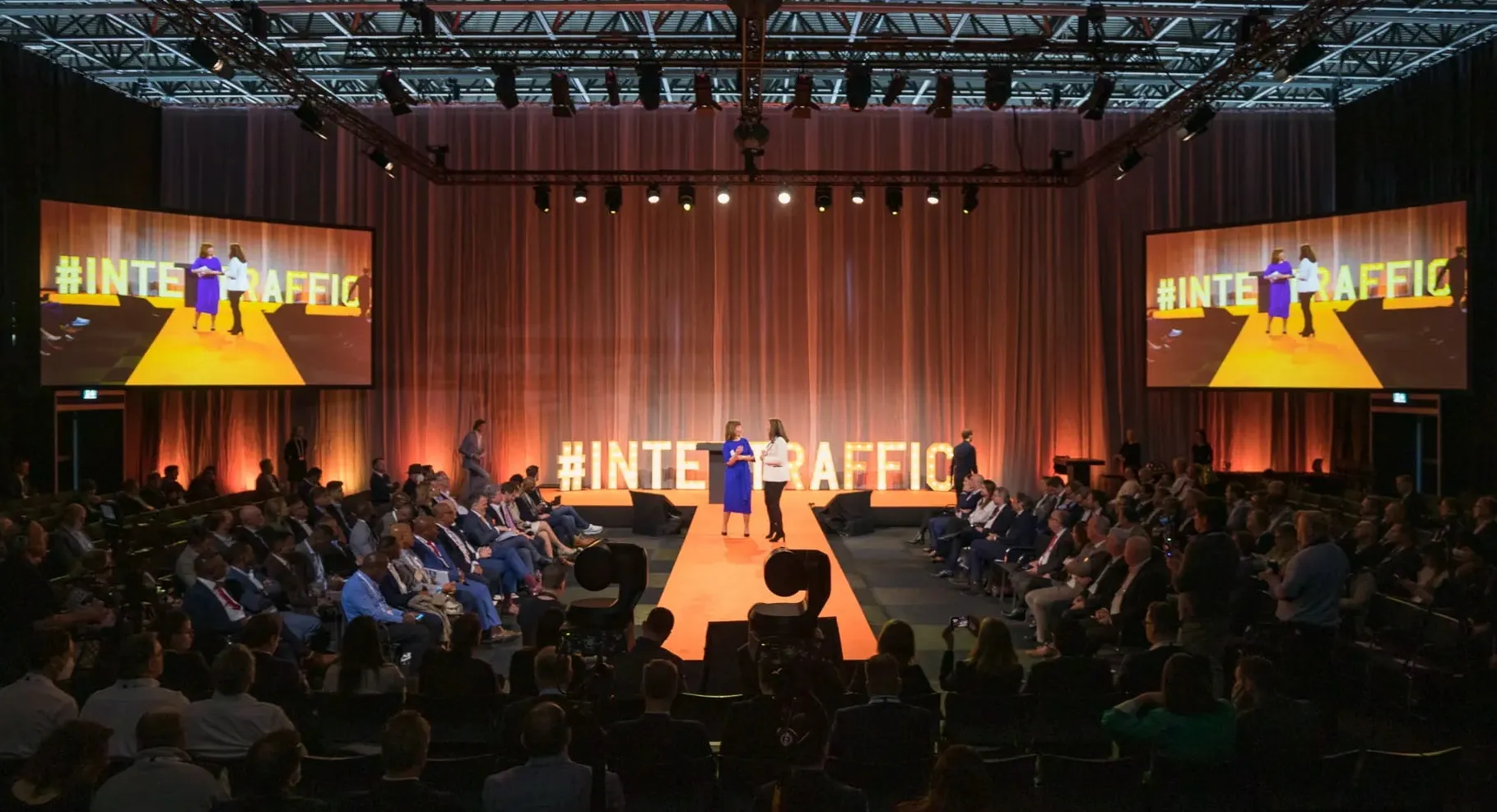
After three years, autonomous vehicle project ServCity has concluded its final testing phase - designed to show that AVs can provide a people-centric mobility service - on the streets of London, UK.
The initiative's purpose is to help cities successfully incorporate autonomous vehicle technologies - including understanding what adjustments to road infrastructure are desirable - into a complex urban environment to deliver a robotaxi service.
A key aim of this is to give the public confidence that AVs can operate safely, and the finale of the project was a series of demonstrations to stakeholders where guests have been able to experience what an initial deployment of the C/AV and C/AV-ready infrastructure technologies might be like.
ServCity is jointly funded by government and industry, the government’s £100m Intelligent Mobility fund administered by the Centre for Connected and Autonomous Vehicles (CCAV) and delivered by Innovate UK.
Six partners – Nissan, Connected Places Catapult, TRL, Hitachi Europe, the University of Nottingham and SBD Automotive – have been collaborating to develop a blueprint that will guide OEMs, transport providers and city planners to get C/AV-ready in UK cities.
Built upon a 100% electric Nissan Leaf, the ServCity C/AV has successfully completed validation trials in the real-world environment of TRL’s urban testbed, the Smart Mobility Living Lab (SMLL), based in Greenwich, south London, which has a network of roadside sensors and a 5G-enabled data processing suite.
Gary Burnett, chair of transport human factors from the Human Factors Research Group at the University of Nottingham said: “ServCity has supported us to develop novel, human-centred methodologies for designing and evaluating the user experience for future autonomous taxis."
"Using innovative virtual reality (VR) and field observation methodologies, we have focused on the inclusive design of interfaces for vehicle occupants and other road users, which deliver a positive user experience in the absence of a human driver. Accessibility has been at the forefront of our research, with contributions from a wide range of potential stakeholders to inform all stages of our work. We have also examined human factors considerations for remote operators who might contribute to the user experience from afar.”
“ServCity is what the Smart Mobility Living Lab was conceived for – to test emerging technologies safely in a real-world urban testbed and accelerate their commercialisation," explains Thomas Tompkin, head of network infrastructure and operations of SMLL.
"We configured our roadside sensor infrastructure and data processing to understand and demonstrate the best ways for C/AVs to acquire better shared situational awareness from C/AV-ready features within the ITS environment."
Nick Blake, chief innovation strategist, Hitachi Europe said: "The ServCity project has allowed us to further develop the essential technologies needed for urban driving such as the ability to make safe decisions based on advanced situational awareness, and robust localisation in urban canyons – where GPS signals may not be reliable. We’ve made massive strides in the past three years, and we will continue to participate in the autonomous driving revolution”.









